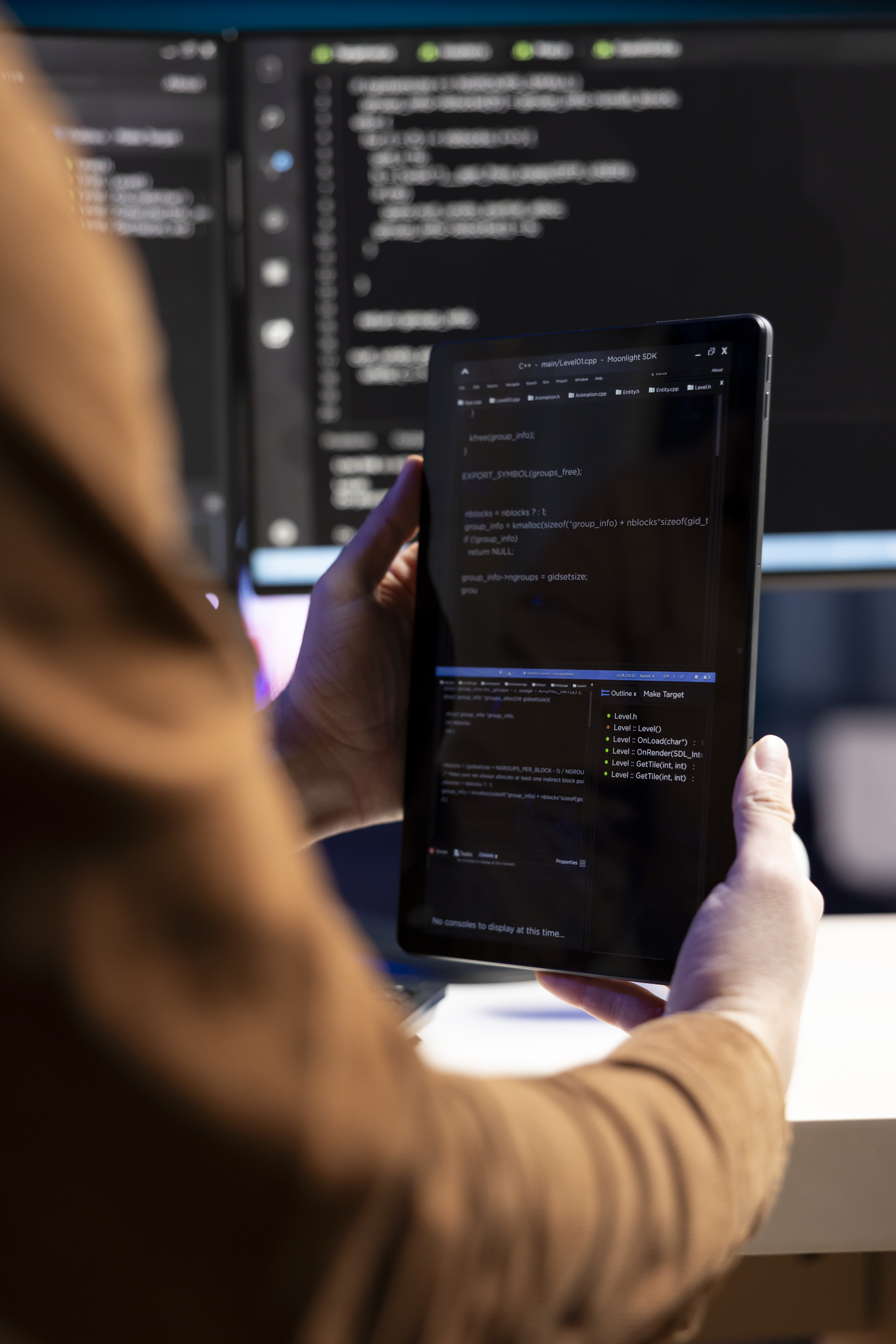Frequently Asked Questions
How much does enterprise mobile application security testing cost in India?
The cost depends on app complexity, number of platforms (iOS, Android, hybrid), and scope of testing. For enterprises, projects in India usually start in the range of a few lakhs and scale with depth. Investing upfront is far cheaper than facing breach costs, compliance fines, or brand damage.
What is the ROI of mobile application security testing for enterprises?
Strong security reduces breach costs, avoids penalties, improves compliance, and increases customer trust. Enterprises that invest in proactive testing report up to 70% lower remediation costs compared to fixing issues post-release.
How do CISOs and CTOs choose the right mobile app security vendor?
Key evaluation criteria include:
- Depth of security checks (SAST, DAST, RASP, API, pen-testing)
- Compliance readiness (GDPR, DPDP, PCI, HIPAA)
- Ease of CI/CD integration
- Global track record and support
- Cost vs. long-term protection
Should enterprises build in-house security testing teams or work with specialized vendors?
In-house teams provide control but are resource-heavy and slow to scale. Specialized vendors bring expertise, automation, and compliance frameworks at a lower cost of ownership. For most CXOs, a hybrid approach works best: core policies in-house, testing via trusted vendors.
How do we integrate mobile app security into DevOps pipelines?
Modern vendors provide APIs and plugins that integrate directly with CI/CD tools. This allows automated vulnerability scanning and compliance checks without delaying releases, enabling both speed and security.
Which compliance requirements apply to mobile apps in India and globally?
Enterprises must comply with India’s Digital Personal Data Protection Act (DPDP 2023), RBI security guidelines, and global standards such as GDPR, PCI DSS, HIPAA, OWASP MASVS. Testing ensures apps meet these requirements and avoid costly violations.
How can enterprises prevent reverse engineering and fraud in mobile apps?
Techniques include app shielding, code obfuscation, encryption, runtime protection (RASP), and anti-tampering controls. These measures protect apps from cloning, piracy, and malicious code injection.
What kind of mobile app security testing do banks and fintechs need?
Financial apps require advanced testing for transaction security, API protection, encryption, and fraud detection. Compliance with RBI guidelines and PCI DSS is mandatory. Vendors offering specialized fintech security frameworks provide faster compliance and stronger defense.
How often should enterprises test their mobile apps?
Security testing is recommended during development, pre-release, and post every major update. Continuous monitoring and annual third-party audits are best practice for CXOs to demonstrate compliance and risk control.
Why is mobile app security a board-level priority today?
Mobile apps are now core to revenue and customer engagement. A breach impacts brand reputation, share price, regulatory standing, and customer trust. For CXOs, security is no longer optional — it’s a business enabler and a competitive advantage.















